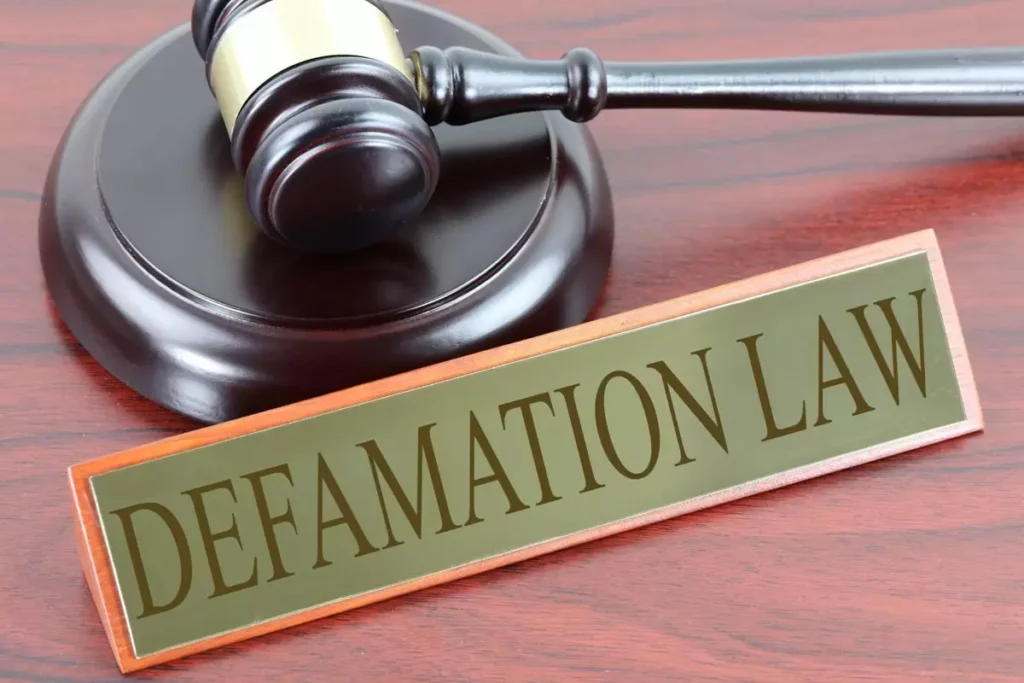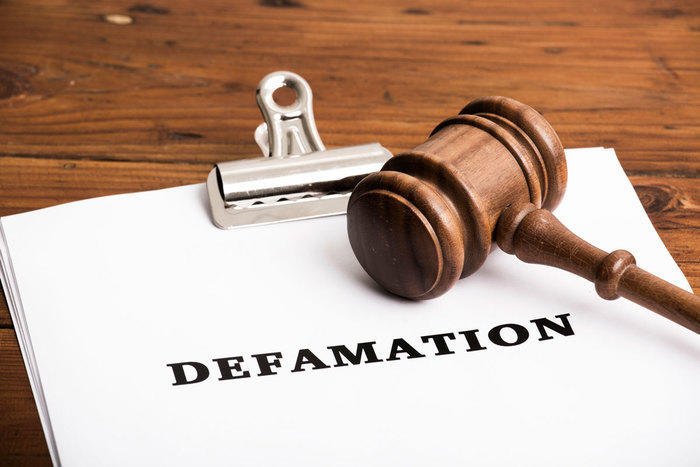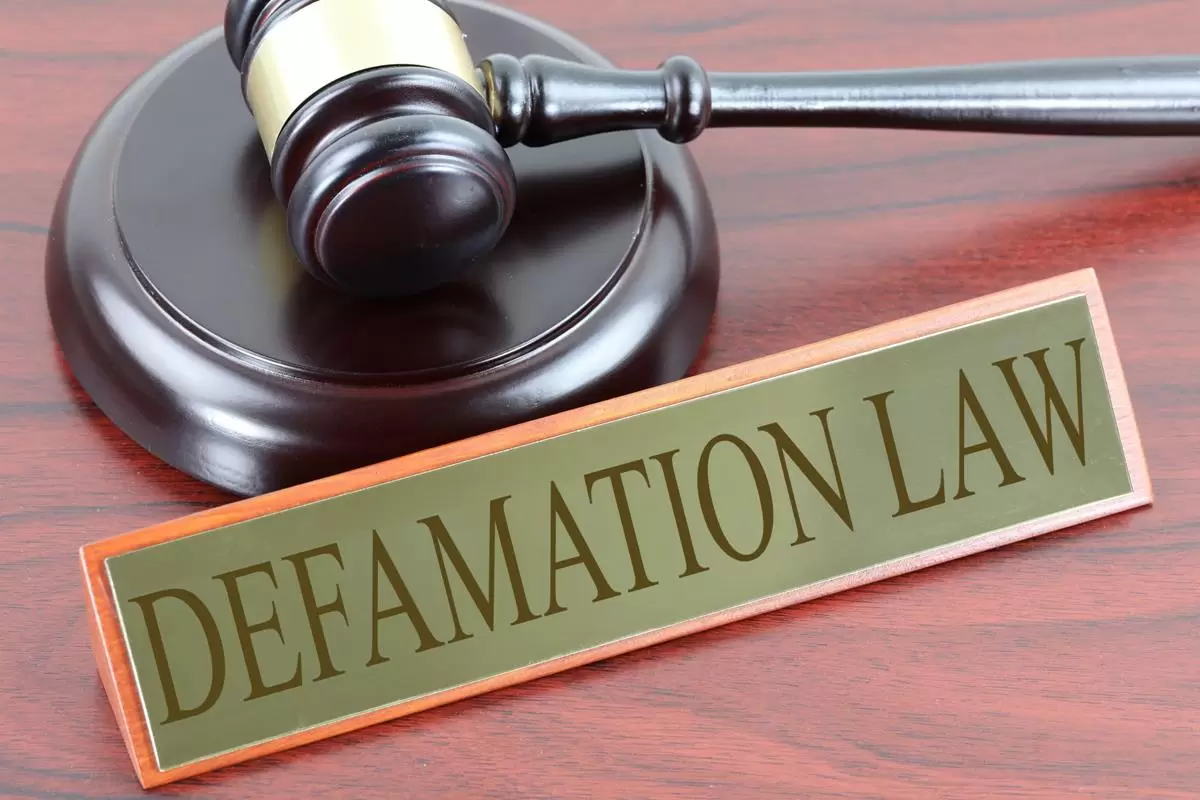Slander is a form of defamation in which false and damaging statements are made about an individual, harming their reputation. In the digital age, slander has become more prevalent, with social media platforms and online forums providing an outlet for harmful speech. If you have been the victim of slander, you may wonder what legal options are available for seeking compensation. This article explores slander compensation laws, how they work, and the steps you can take if you’ve been defamed.
Also Read: Health Insurance Claim Issues

What Is Slander?
Slander is a specific type of defamation where false statements are made verbally or through temporary media (such as video or audio recordings) that harm a person’s reputation. While written defamation is known as libel, slander refers to spoken words or gestures. Under slander compensation laws, individuals who are defamed by slanderous statements may have the right to seek compensation for the harm caused.
Key Elements of Slander
To pursue a legal claim under slander compensation laws, the following elements must generally be proven:
- A false statement was made: The statement must be false. Truth is a valid defense in a slander case.
- The statement was made to a third party: The false statement must be heard or seen by someone other than the victim.
- The statement was damaging: The statement must have caused harm to the individual’s reputation or personal life.
- The statement was made with fault: In most cases, the person making the statement must have acted negligently or maliciously.
How Slander Compensation Laws Work
Slander compensation laws are designed to protect individuals from the damaging effects of false statements that harm their reputation or personal relationships. The laws governing slander vary from state to state, but the basic principles of defamation remain the same. These laws allow victims to seek compensation through civil lawsuits.
Compensation for Slander Under the Law
In most cases, victims of slander can pursue a civil lawsuit for defamation and seek the following types of compensation:
- Actual damages: Compensation for financial losses caused by the slander, such as lost business opportunities or job offers.
- Punitive damages: If the slanderous statements were made maliciously or with extreme negligence, punitive damages may be awarded to punish the offender and deter future defamation.
- Emotional distress: Compensation for the emotional toll caused by the slander, including stress, anxiety, and damage to personal relationships.
- Reputational damage: If the defamation has severely damaged the victim’s personal or professional reputation, compensation may be awarded to restore the individual’s reputation.

Steps to Take if You Are a Victim of Slander
If you believe you’ve been the victim of slander, it’s important to act quickly. Here’s a step-by-step guide on what to do if you are defamed:
1. Document the Slanderous Statements
The first step in addressing slander is to document the statement made against you. Keep a record of when, where, and how the slanderous statements were made. If possible, collect any evidence, such as audio recordings, video footage, or written statements that can support your case.
2. Identify the Defamer
In order to pursue a legal case, you will need to identify the person or entity responsible for making the slanderous statements. If the defamation occurred online, it may be more difficult to trace the individual responsible, but there are legal options for identifying anonymous defamers in certain cases.
3. Contact a Legal Professional
If you are considering legal action, consulting with a lawyer experienced in defamation and slander compensation laws is crucial. A lawyer can help you understand the strength of your case and advise you on the appropriate steps to take. They can also help you navigate the legal complexities involved in pursuing a defamation lawsuit.
4. Attempt to Resolve the Situation Informally
Before filing a lawsuit, some victims of slander choose to approach the defamer directly. This may involve sending a cease-and-desist letter or requesting a public apology. In some cases, the situation can be resolved without going to court.
5. File a Lawsuit
If informal methods don’t work or if the defamation has caused significant harm, filing a lawsuit may be necessary. The lawsuit can be filed in civil court, where you will present evidence to prove the defamation and seek compensation. Depending on the severity of the case, the court may award both actual and punitive damages.

Defenses Against Slander Claims
While slander compensation laws provide protections for those who have been defamed, there are defenses that the person making the slanderous statement can use in court. Some common defenses include:
1. Truth
The most common defense to a slander claim is the truth. If the statement made is true, it is not considered defamatory, and no compensation can be awarded.
2. Opinion
Statements that are purely opinion and not presented as fact may not be considered slander. For example, if someone says, “I think he is untrustworthy,” it may be viewed as an opinion rather than a defamatory statement.
3. Privilege
Certain individuals and entities are protected by legal privileges. For example, statements made by government officials, attorneys, or witnesses in court may be protected by qualified privilege.
4. Consent
If the person being defamed consented to the statement being made (e.g., through a signed agreement), it may be difficult to prove a slander case.
Frequently Asked Questions (FAQs)
1. How long do I have to file a slander lawsuit?
The statute of limitations for filing a slander lawsuit varies by state but typically ranges from one to three years from the date the slander occurred. It’s important to consult with a lawyer to ensure you file your case within the allowed timeframe.
2. What types of damages can I receive for slander?
Victims of slander can receive actual damages for lost income or business opportunities, punitive damages for malicious defamation, emotional distress damages, and compensation for reputational harm.
3. Can I sue for slander if the statement was made on social media?
Yes, statements made on social media platforms can be considered slander if they meet the criteria of defamation. The same legal principles apply, and social media defamation can result in a slander lawsuit.
4. How can I prove I was slandered?
To prove slander, you must show that the statement was false, damaging, and made to a third party. Documenting the statement and its impact on your reputation is crucial for building a strong case.
5. What if the slanderous statement was made in private?
In order to pursue a defamation case, the statement must generally have been made to a third party. If the slanderous statement was not heard or seen by others, it may not meet the criteria for a defamation claim.
Conclusion
Slander compensation laws are in place to protect individuals from the harmful effects of false and damaging statements. If you are the victim of slander, it’s essential to understand your legal rights and the steps you can take to seek compensation for reputational harm and emotional distress. By documenting the slander, consulting a lawyer, and considering a lawsuit if necessary, you can pursue justice and protect your reputation.
While defending yourself against slander can be challenging, with the right legal guidance, you can hold the responsible party accountable and receive the compensation you deserve.

1 thought on “Slander Compensation Laws: What You Need to Know About Legal Protection and Compensation”